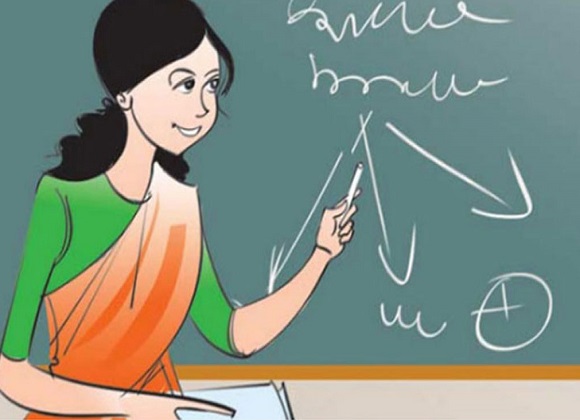Courses
Grow skills with quality courses
Education Policy proposed in 2020, approved by the government will definitely be a landmark within the history of education among Asian nations. The policy is holistic, comprehensive, so hawk-eyed, and can definitely play a significant role within the nation’s future growth and development. The most deserving credit for drafting the new National Education Policy must go to the TSR Subramanian Committee, established in 2016, and the K Kasturirangan Committee for having done a stellar job.
Definitely, the Newly drafted National Education Policy is a revolutionary document that is expected to change the fate of the coming generation of students and ultimately our nation. Therefore it becomes important to know the advantages and disadvantages of NEP 2020 that are to be brought under the new education policy.
Advantages of New Education Policy 2020 (NEP 2020)
One of the primary and major points of criticism is that our system tries to suit the scholars into three categories after class 10 are Science, Commerce, and humanities. Students are allowed to select only one stream and if they select any stream, then they can't study the topic of the opposite streams. And this is often very problematic because many students may have an interest in more than one subject. For instance - If any student has chosen a science stream but his interest also lay in economics and politics, then he was not allowed to study economics and politics. But now, the government has changed this in India's new education policy 2020. Now, scholars can choose subjects with their own flexibility. After the execution of this policy, a student can study history with chemistry, and physics with politics. A student can study science, commerce also as art subjects. this is often a tremendous initiative. Now the scholars would have such a lot of flexibility to settle on.
One of the new education policy 2020 highlights is that Classes 6 to eight would be the center stage during which experimental learning would be the main target science, mathematics, science art humanities. Next would be the second stage of sophistication 9 to 12 during which multidisciplinary studies would be focused. Students would be given more flexibility and more choices. Vocational education will be given tons of importance like it is given in developed countries. The roles like welding, electrician, plumber, carpentry are viewed at an equivalent level because of the test of skilled jobs.
About the author
Renuka Purohit is a teacher associated with Gurushala. Any views expressed are personal.
Comments
Recommended by Gurushala

Technology & Innovation
-By Valentina MilanovaHow Content Rephrasing is Useful for Students and Teachers? 3 Free Tools

Stories of Indian Classrooms
-By GurushalaOn the course of continuous learning- An inspiring teacher story from Pune
Related Articles
